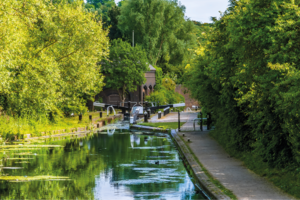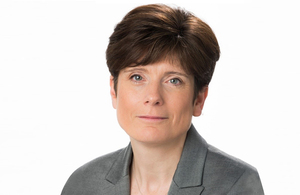Local Land Charges Register continues to grow as Dudley joins
News story
Dudley Metropolitan Borough Council has become the latest local authority to migrate its local land charges data to our central, digital register.

Image credit: Nicola Pulham/Shutterstock.com
From today, anyone requiring local land charges (LLC) searches in the local authority area of Dudley Metropolitan Borough Council will need to get them from HM Land Registry rather than going directly to the council.
Iain Newman, Director of Finance and Legal at Dudley Metropolitan Borough Council, said:
We are delighted to be the first borough within the Black Country to migrate to HM Land Registry’s Local Land Charges Register. We are confident that the change will be seamless for our clients and residents, whilst maintaining our high level of service and the quality of our data.
Mark Kelso, Programme Director for HM Land Registry’s Local Land Charges Programme, said:
I am delighted that people buying property in Dudley will now have access to instant local land charges search results. We are working hard with local authorities like Dudley to ensure property buyers can obtain the information they need quickly, allowing informed property buying decisions.
Local land charges searches are normally required in the property-buying process. Most local land charges are restrictions or prohibitions on the use of the property such as planning permissions or listed building status. The local land charges search will reveal whether a property is subject to a charge which then informs a buyer’s decision to buy a property or parcel of land.
HM Land Registry is working in partnership with local authorities to migrate their local land charges data to a central, digital register as part of a phased approach. Once migrated, anyone will be able to get instant online search results via GOV.UK using the Search for Local Land Charges service.
HM Land Registry’s business customers can use their existing portal and Business Gateway channels or their usual search providers to access local land charges data for those local authorities which have migrated.
Customers will need to continue to submit CON29 enquiries to the local authority.
For an overview of the service, watch our short video.
For more information, read about the Local Land Charges Programme.
Published 19 July 2021

